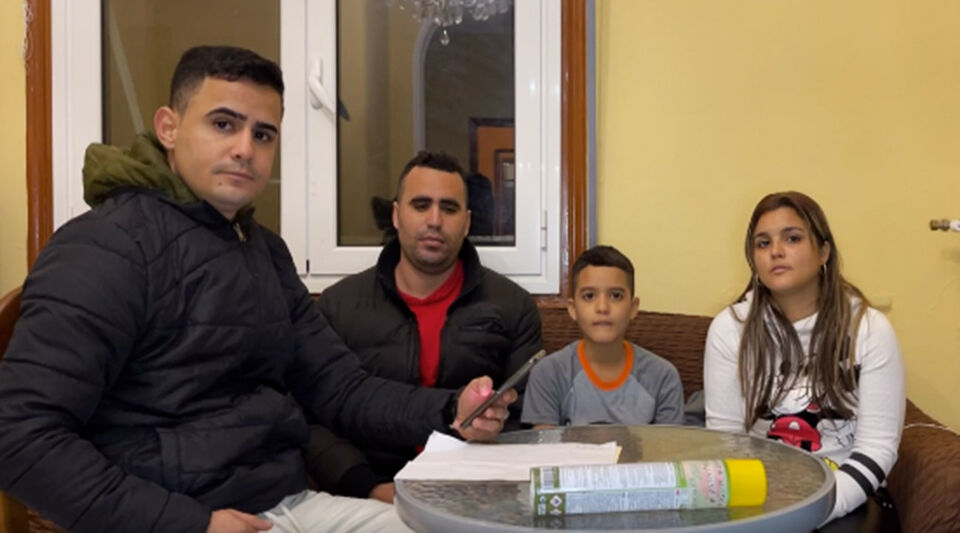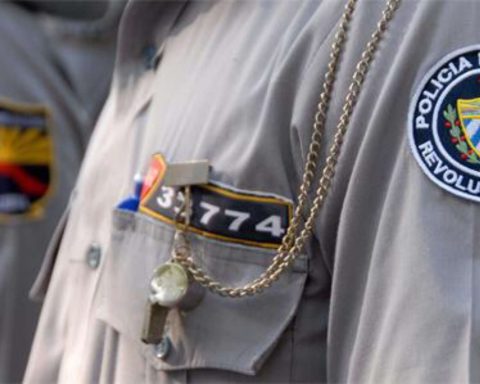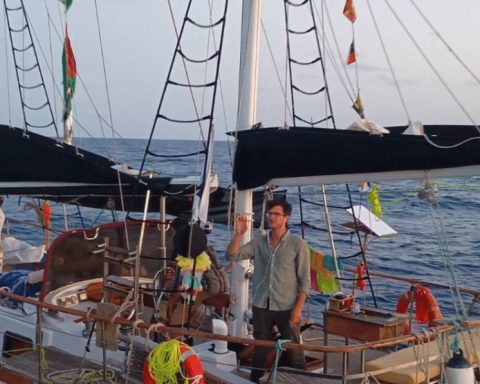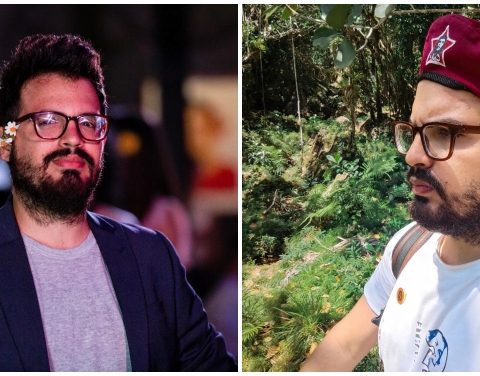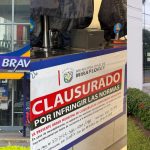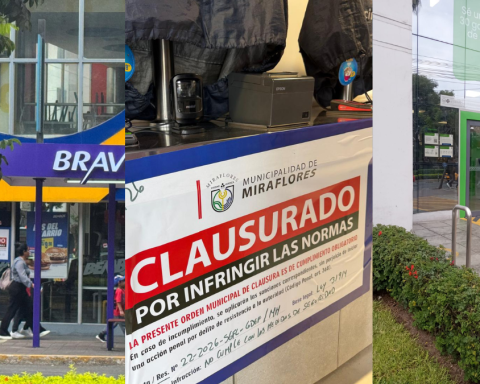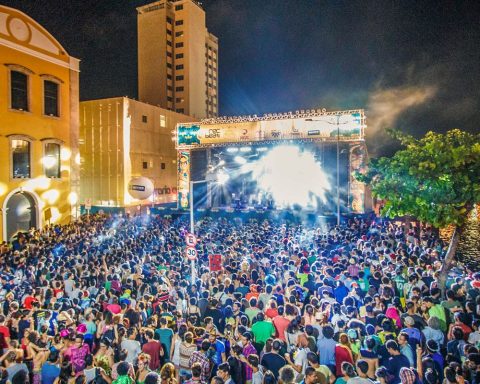(EFE) .- “Before, for the Cuban the worst punishment was to emigrate. Now it is a blessing, although not a luck, because we went out to suffer.” Nancy arrived in Athens a few weeks ago from Cuba via Russia, by the Balkan route that so many refugees cross to reach Europe, although the Cubans do it the other way around.
Like her, a score of Cubans with similar stories meet to speak with Efe in a semi-basement, located in the Athenian neighborhood of Ambelókipi, where a couple of Cuban doctors, Danay and Eduardo, live for rent, along with their daughter and with another couple.
Like them, many – around a thousand, according to their own estimates – are living in Greece waiting for the Greek authorities to give them -or not- the visa to continue to other countries.
“We have relatives in Spain, Italy or Germany who want to take care of us, we do not want to be a hindrance to the European Union. We want to work, most of us are professionals, we have many children, but soon we will be on the streets because our jobs are running out. economic reserves, “says Danay.
For the vast majority of them, the straw that broke the camel’s back and pushed them to leave the country was the police repression in the face of the anti-government protests that started the past. July 11 against the management of the pandemic and the lack of freedoms.
“We went out to the streets to protest peacefully and the police limited themselves to recording, but then at night they came to look for you at your house,” explains Agustín, another of those present, who after what happened decided to leave “overnight” . Now he assures that the return to Cuba “is not an option.”
“Most of us are professionals, we have many children, but soon we will be on the streets because our economic reserves are running out,” says Danay.
“Cuba is a dictatorship, there is no freedom of expression,” all those present cry in unison, but that lack of freedom was not the only engine that prompted them to leave, many did so in search of more opportunities to improve their living conditions .
For Nancy, who lost her public teaching position when she returned from a trip to Germany in 1996, simply because she had left the country, and who has been teaching English on her own ever since, “Cuba never got out of any period. special”.
“The image that the Government creates is not what it is, whoever has doubts should visit the Island and live as the people live. The reality is different, all the donations that arrive, the people do not receive them, they are sold”, she assures.
In a similar way, Agustín recalls how in Cuba he had to work a whole day in his telephone store to be able to buy something as basic as a soft drink or a toothbrush.
However, despite arriving in better conditions than many migrants from the Middle East, as they do not have a work permit, they are forced to work as day laborers to get some income before their savings run out, a job they feel like ” exploited “.
Most have started the process to apply for asylum, or are waiting for an appointment, but they know that it is a slow and complex process.
For this reason, in order to create a support network among fellow citizens, Agustín and Carlos, another boy in the same situation, recently opened One page on Facebook under the name “Que Bolá”, where they exchange experiences with other Cuban emigrants.
Nancy lost her position as a public teacher when she returned from a trip to Germany in 1996, simply because she had left the country.
The page also serves “so that everyone knows the problems that exist in Cuba, why Cubans emigrate from a country where practically everything is free,” explains Carlos.
“Everyone who leaves is an entrepreneur or a professional and that is very sad, it is very sad that a country loses the professionals it forges itself and that they leave due to political problems,” the young man laments.
“We have not paid mafias”, they assure, surprised and apparently oblivious to the usual illegal businesses to which migrants who have to cross the Mediterranean are hopelessly subjected.
However, at the same time, they assure that without the help of their relatives abroad it is impossible for Cubans to leave the country, because they are unable to save enough to survive during the months of the journey or to pay for the plane ticket.
All of them made a stopover in Moscow until they reached Belgrade, from where they began a land odyssey that led them to cross the Balkans, crossing Montenegro or Albania and North Macedonia, until they crossed the border with Greece on foot.
“Russia is an escape valve right now because it does not require a visa,” says Agustín, who adds, recalling the Cuban exodus of the Marielitos in 1980: “Now Nicaragua will be the next Mariel, because they have opened the visa.”
________________________
Collaborate with our work:
The team of 14ymedio He is committed to doing serious journalism that reflects the reality of deep Cuba. Thank you for joining us on this long road. We invite you to continue supporting us, but this time becoming a member of our journal. Together we can continue transforming journalism in Cuba.
